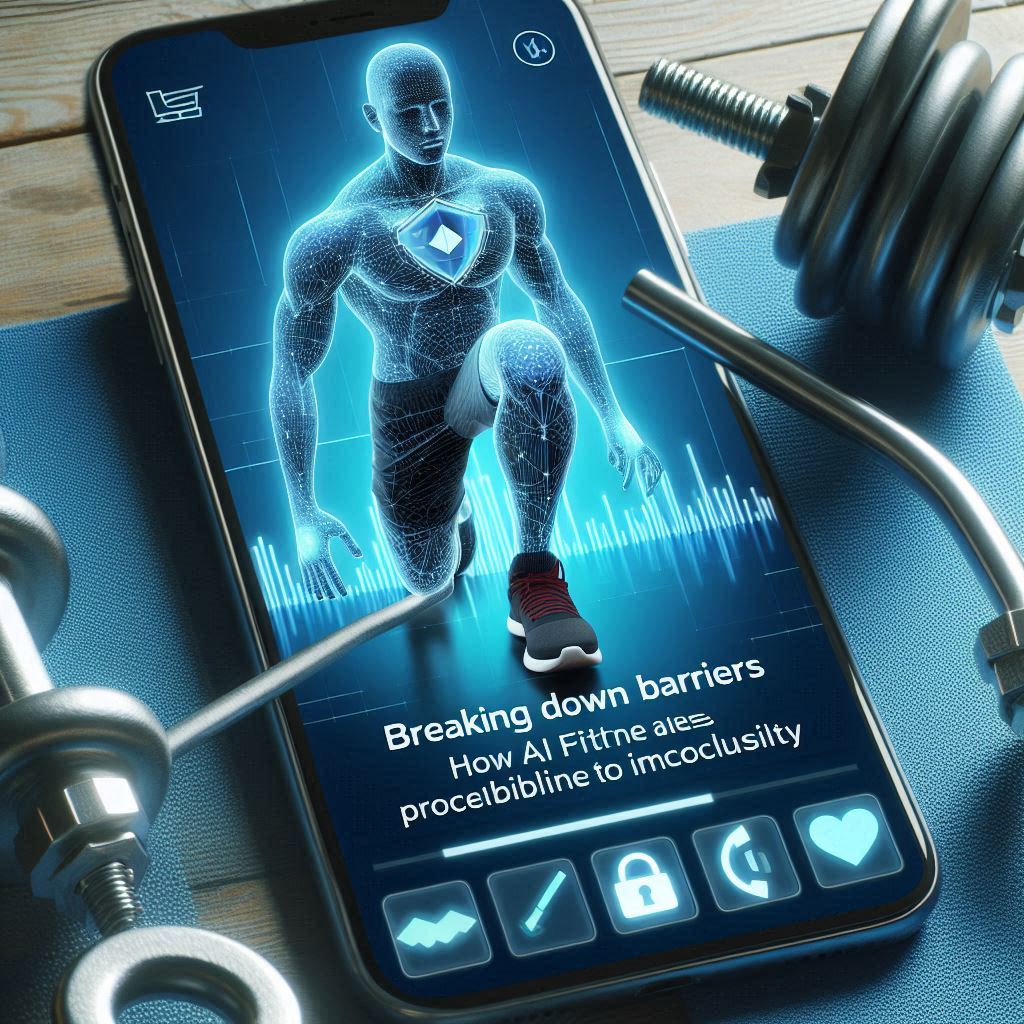Smart Fitness
Smart Fitness: The Role of Artificial Intelligence in Enhancing Exercise Efficiency In recent years, the intersection of technology and fitness has become a rapidly evolving field. Artificial Intelligence (AI) is at the forefront of this transformation, revolutionizing how we approach exercise and wellness. From personalized workout plans to real-time performance analytics, AI is reshaping … Read more



